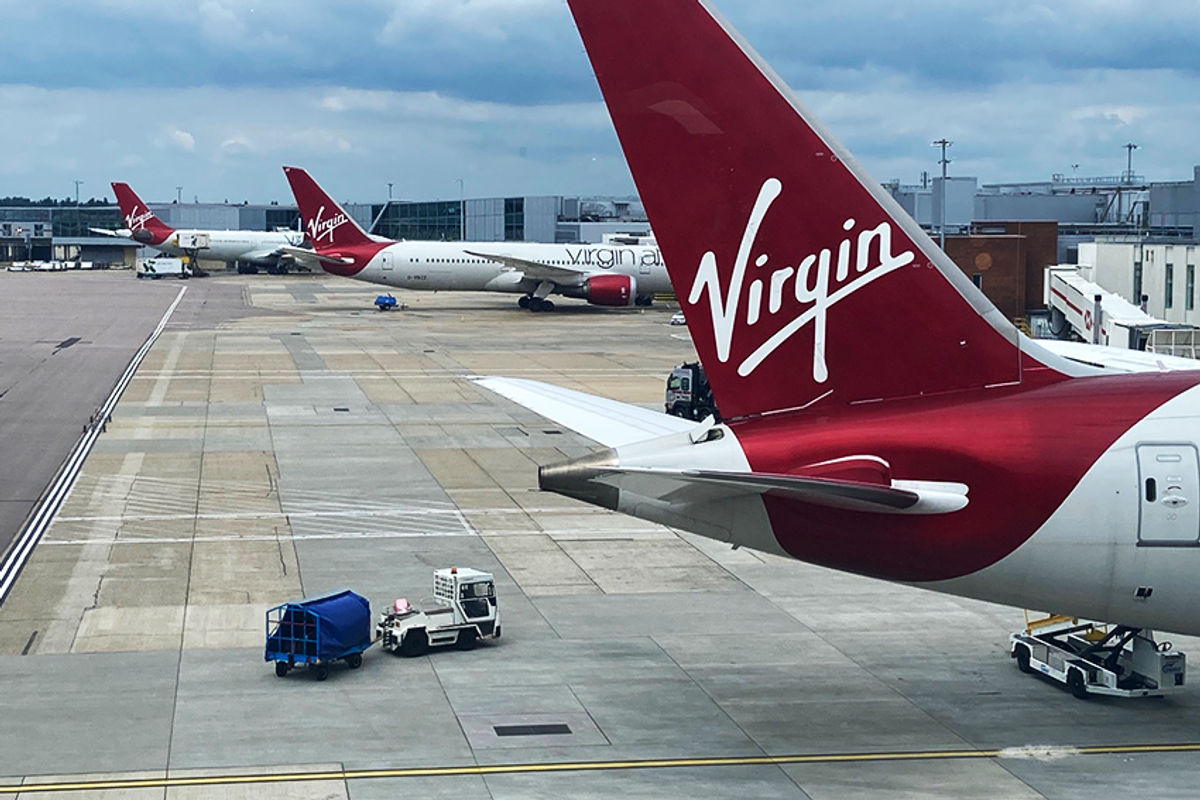Travel
Virgin Atlantic vows to work with industry on NDC

Virgin Atlantic has promised to take a “carrot approach” when introducing its long-awaited New Distribution Capability (NDC) content.
Unlike many airlines, the UK-based carrier has yet to introduce any NDC-enabled content. Chief commercial officer Juha Jarvinen said that NDC content is likely to be introduced in 2025 or 2026, during an appearance at the Business Travel Association (BTA) overseas conference in Gibraltar on Monday (30 September).
Jarvinen admitted that Virgin had been a “bit of a laggard” when it comes to NDC, but this was mainly because they were not convinced that the technology was ready.
“We will do it with a carrot approach and work with the industry,” said Jarvinen. “A lot of the new products that will be created will require a different type of technology – EDIFACT will not be enough.”
He also promised that Virgin Atlantic would be “reaching out” to the corporate travel industry to discuss how it will proceed with its NDC strategy.
Virgin’s transatlantic partner and major shareholder Delta has also been slower to introduce NDC-based content than some of its main rivals.
The US carrier is gearing up to make some NDC “milestone releases” before the end of 2024, with additional integrations “as we move into 2025”. Delta has already agreed a recent deal with technology firm Travelport to distribute its forthcoming NDC content.
Earlier this year, American Airlines decided to change its strategy for the implementation of NDC content after admitting its original approach had “used a lot of sticks” on TMCs and corporate customers.
Plea to governments
Jarvinen also called on governments in Europe to take the lead in ramping up the production of alternative aviation fuels.
“The big hurdle is the volume of production – the US is investing a lot in SAF (sustainable aviation fuel) production but Europe is not investing so much,” he added.
Jarvinen said the new UK government was “active in looking to support the industry” for alternative aviation fuels but had yet to make any commitments.
“The industry cannot do it all on its own,” he said. “The UK government could be leading the way in the European context and then it becomes a competition as a few governments invest in new plants. We need that competition between countries, but that has to start now.”
Jarvinen said Virgin Atlantic was currently “sticking to” the emission reduction targets it has set for 2030, which require it to make a 15 per cent net reduction in total CO2 emissions, including sourcing 10 per cent of its fuel as SAF.
But he warned that the next couple of years would be “crucial” in being able to achieve these goals by 2030.
“We are actively lobbying the UK government, together with the industry,” added Jarvinen.
Virgin last year successfully operated the first transatlantic flight between the UK and the US using “100 per cent SAF” in its engines.
Results from the landmark flight revealed a 64 per cent saving of lifecycle CO2 emissions – or 95 tonnes of CO2. However, the UK advertising watchdog in August ruled the carrier’s past promotion of the flight had been “misleading” and that many consumers “were unlikely to be aware of the extent to which fuels described as sustainable aviation fuel still had negative environmental impacts”.
Loyalty changes
In another move, Virgin Atlantic will also allow its Flying Club loyalty programme members to pay for any seat with Virgin Points from 30 October. The carrier will also introduce a new “saver reward seats” tier and increase point-earning rates in both Premium and Upper Class cabins.
Flying Club members will be able to use Virgin Points to pay for any seat on any date. The price of the seats will vary in line with demand, explained the carrier.
In addition, members will be able to use their points to upgrade to any available Premium or Upper Class seat from standard or reward tickets, and can use their companion or upgrade vouchers on any seat.










